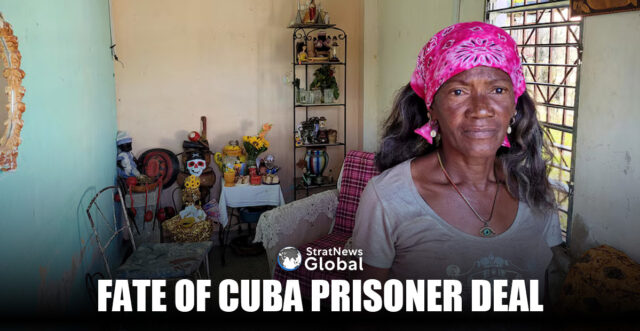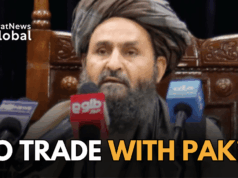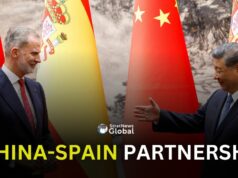One of U.S. President Donald Trump’s executive orders, signed just hours after he took oath on Monday, has left a prisoner release deal in Cuba in a state of limbo, according to reports.
Under this deal, the Biden administration would loosen sanctions on the Communist-run island, while Havana would release more than 500 people from its jails who are considered political prisoners by Washington.
Karen Vasquez, 44, walked out of jail in Cuba on Sunday, part of a deal brokered by the Vatican.
Vasquez was still celebrating on Monday when she heard that Trump had reversed the Biden administration’s decision, taken last week, to remove Cuba from its terrorism blacklist.
Removal from the list appeared aimed as a step in rolling back sanctions.
Future Uncertain
“I’m not interested in politics, but yes, this scares me. Everything is so uncertain,” said Vasquez, who lives in a precarious three-room house in La Guinera, a poor neighborhood outside Havana.
She was convicted of sedition and sentenced to seven years in prison for her part in unprecedented island-wide protests in July 2021.
The U.S., Europe and human rights watchdogs consider Vasquez and others to be political prisoners, a characterization rejected by the Cuban government.
“We’ve been released on ‘conditional’ liberty. We have no idea what could happen to us,” Vasquez said in an interview with Reuters following the Trump announcement.
Cuba Reacts
On Tuesday, Cuba blasted Trump’s decision, calling it “a demonstration of the aggressiveness of U.S. imperialism.
“It has not said what measures, if any, it might take in response.
Cuba’s government did not reply to a Reuters request for comment.
Release Of Prisoners By Cuba
So far, Cuba has released around 150 prisoners, around one-quarter of the 553 it had promised to free, according to tallies conducted by human rights groups.
Most of those released had been jailed in connection with the July 2021 protests, considered the largest since Fidel Castro’s 1959 revolution.
Neither Cuba nor the United States, long-standing foes, have acknowledged negotiations.
Both the countries have put out details of the specific terms of the agreement.
Officials Hopeful
The prisoner release deal, Cuba said last week, was a “unilateral and sovereign” act that followed discussions with the Vatican.
Havana Bishop Eloy Ricardo Dominguez, who oversees the Catholic Church’s local relations with prisoners, said that Trump’s decision should not interfere with the process.
“The release of prisoners in Cuba will continue,” Dominguez said.
Reuters was unable to independently confirm on Tuesday whether Cuba had released any prisoners following Trump’s announcement.
The Cuban Observatory of Human Rights, a watchdog group, said that it was “greatly concerned” by an apparent pause in releases following Trump’s announcement.
Released Persons Forbidden From Talking To Media
Three people released from jail in and around Havana after last week’s Church deal declined to comment on their situation on Tuesday, saying Cuban state security had forbidden them to talk with the Press as a condition of their release.
Others spoke more freely.
Katia Beirut, of La Guinera, said she was freed last week after serving three years in jail and work camps.
She was convicted of sedition for her role in the 2021 protests.
She said she had been unaware of Trump’s decision, but wanted to move on with her life.
“I want to keep my profile low,” she said.
“I want to enjoy my family after all this time I was without them.”
(With inputs from Reuters)





